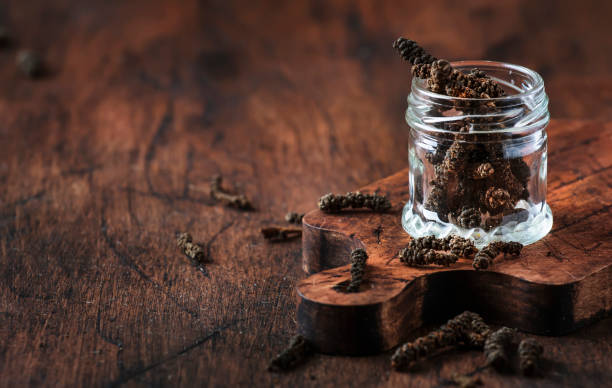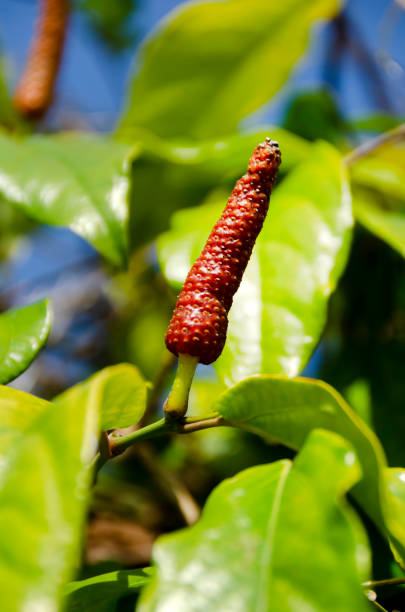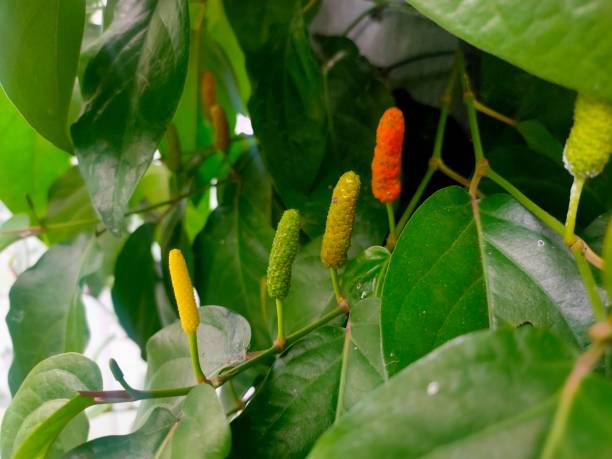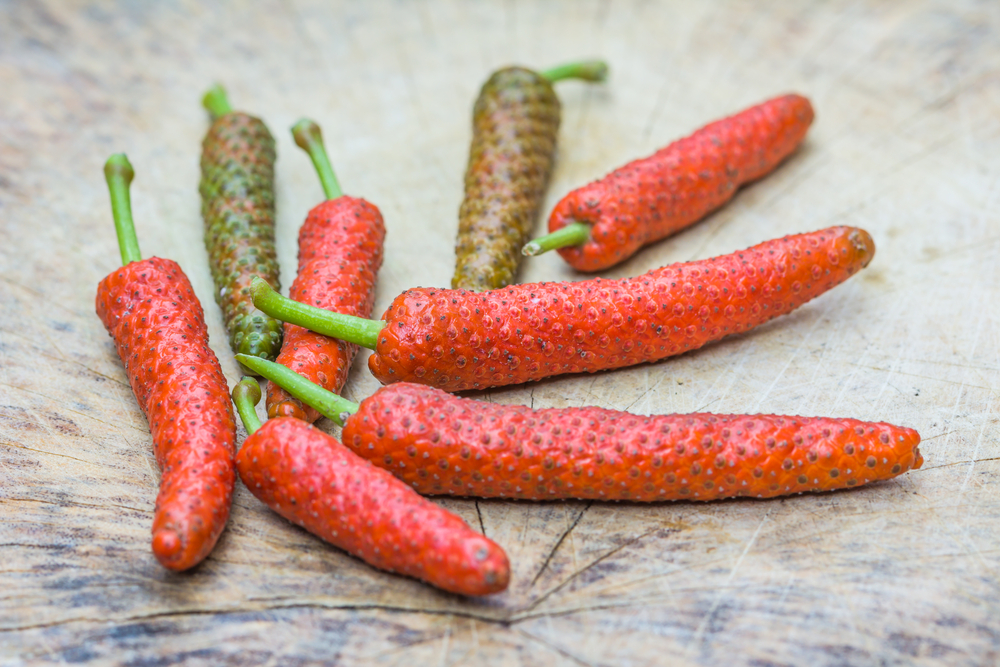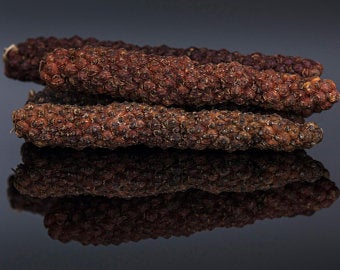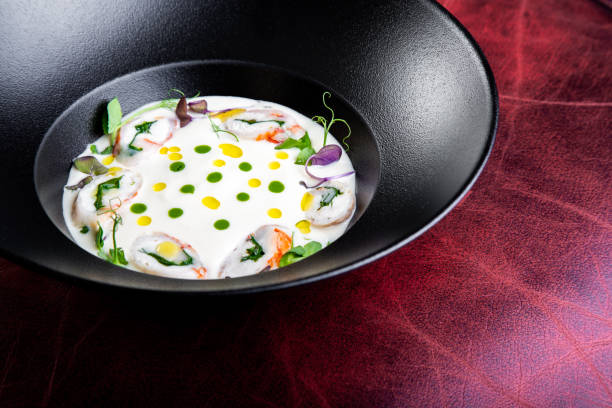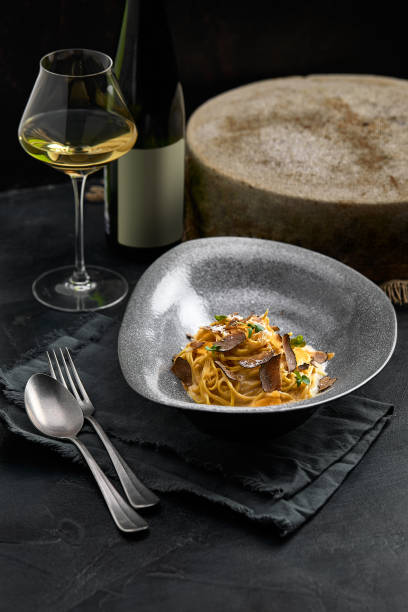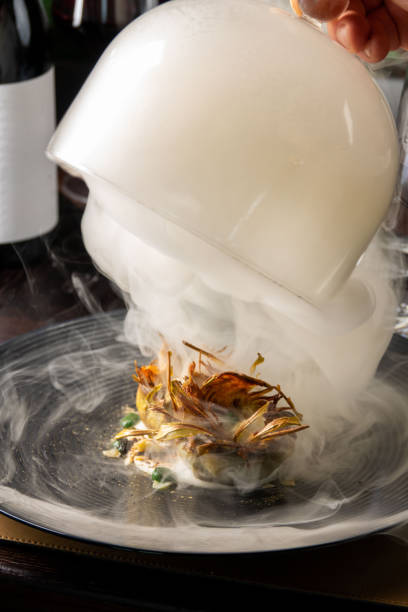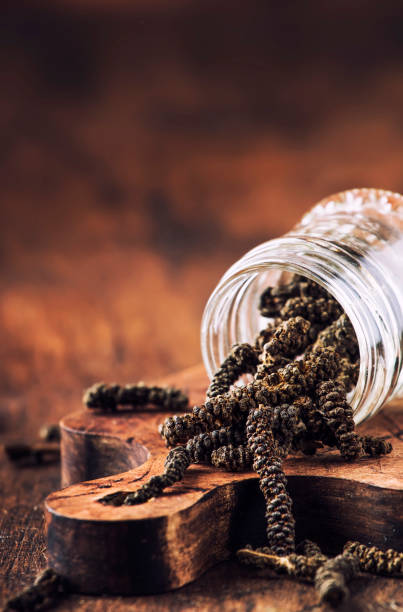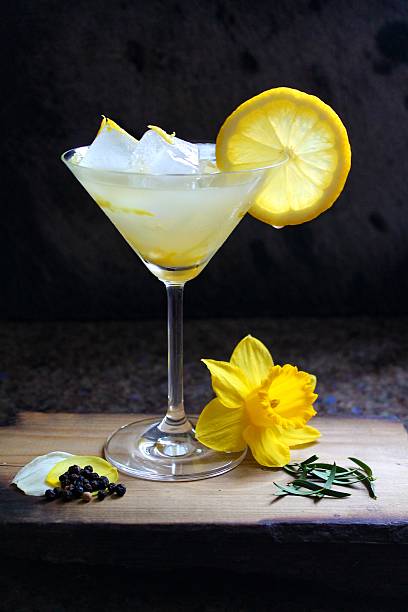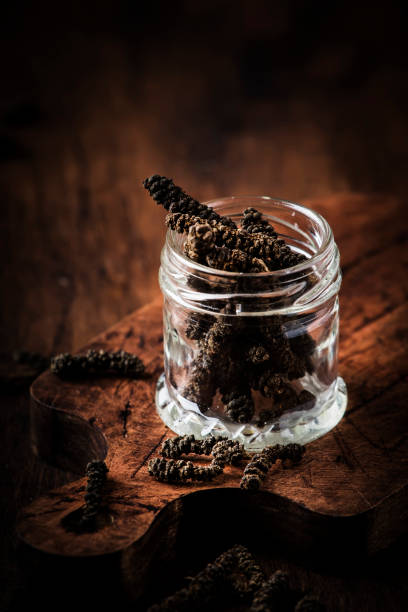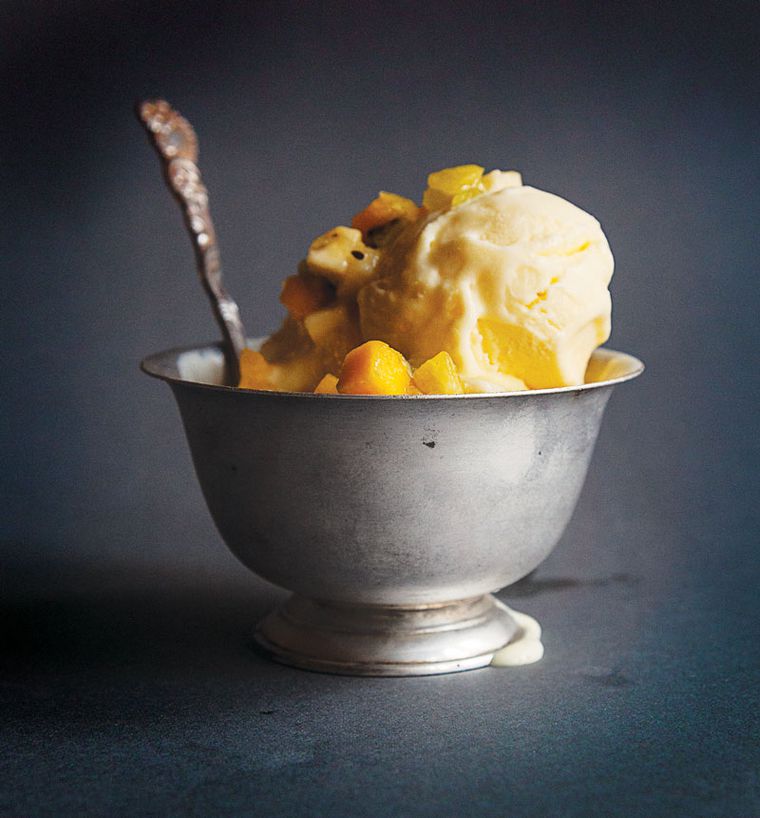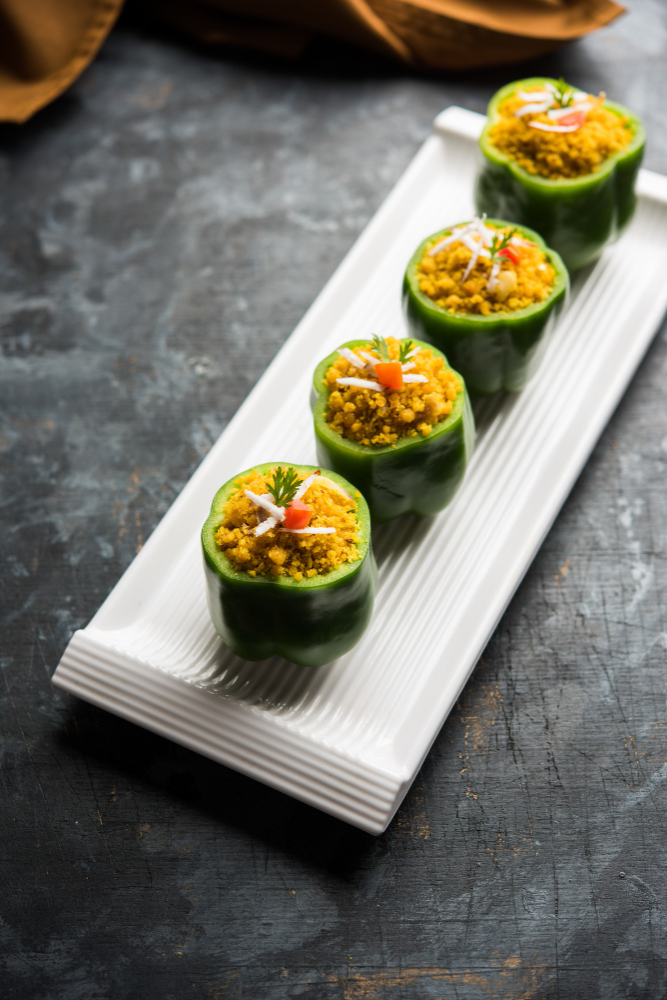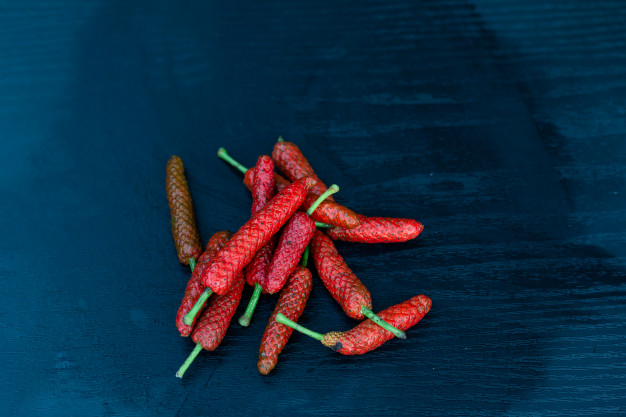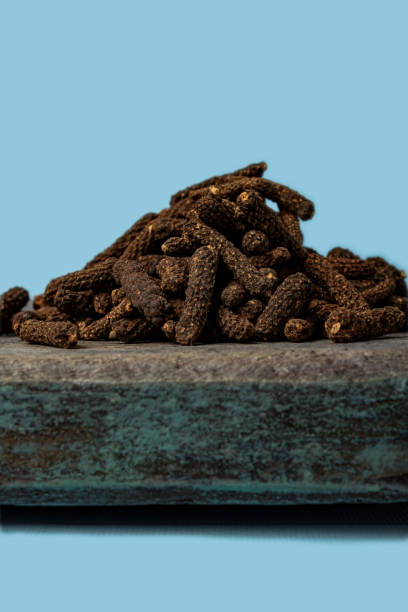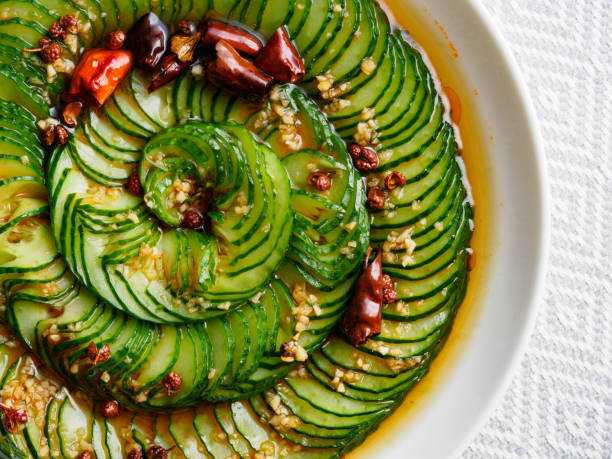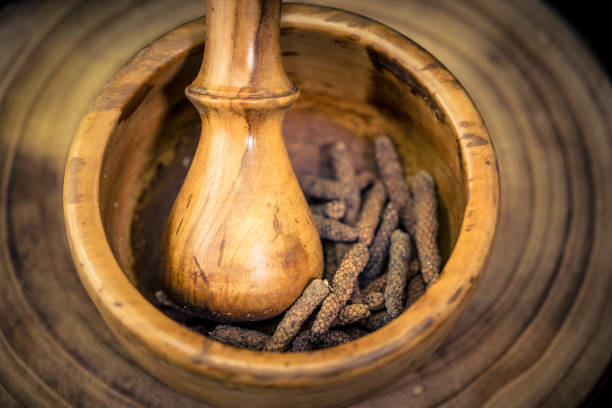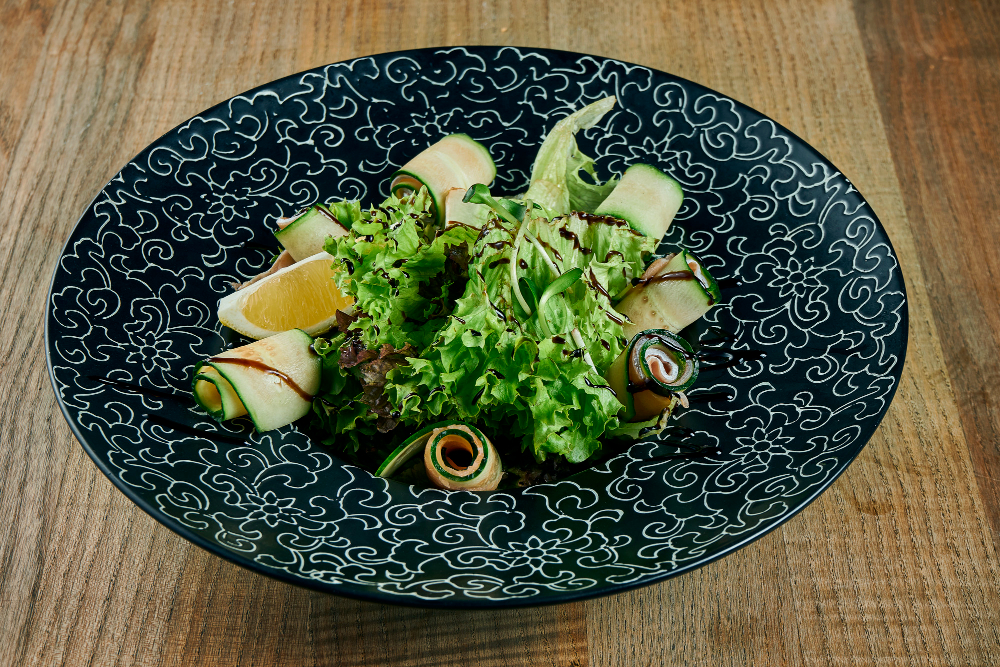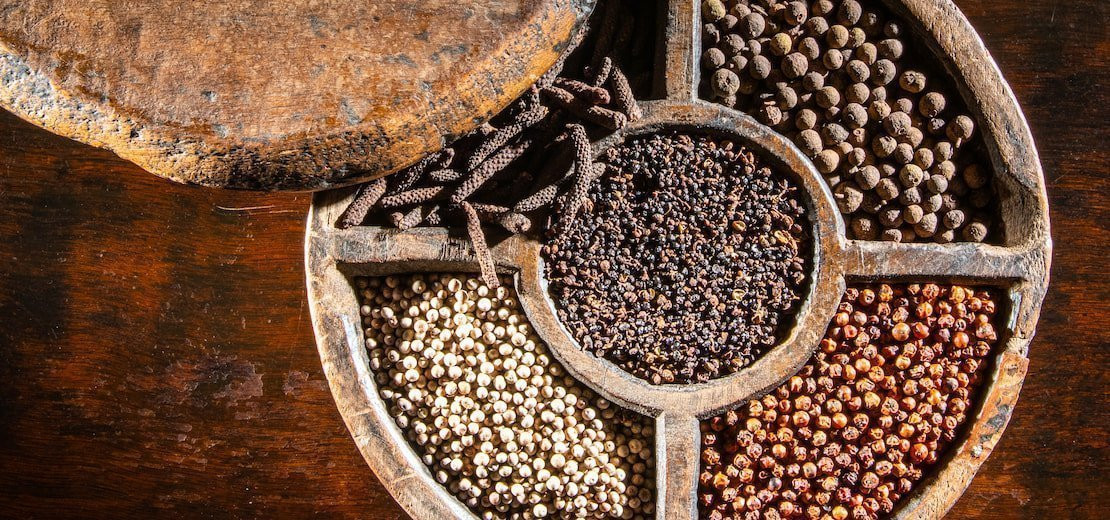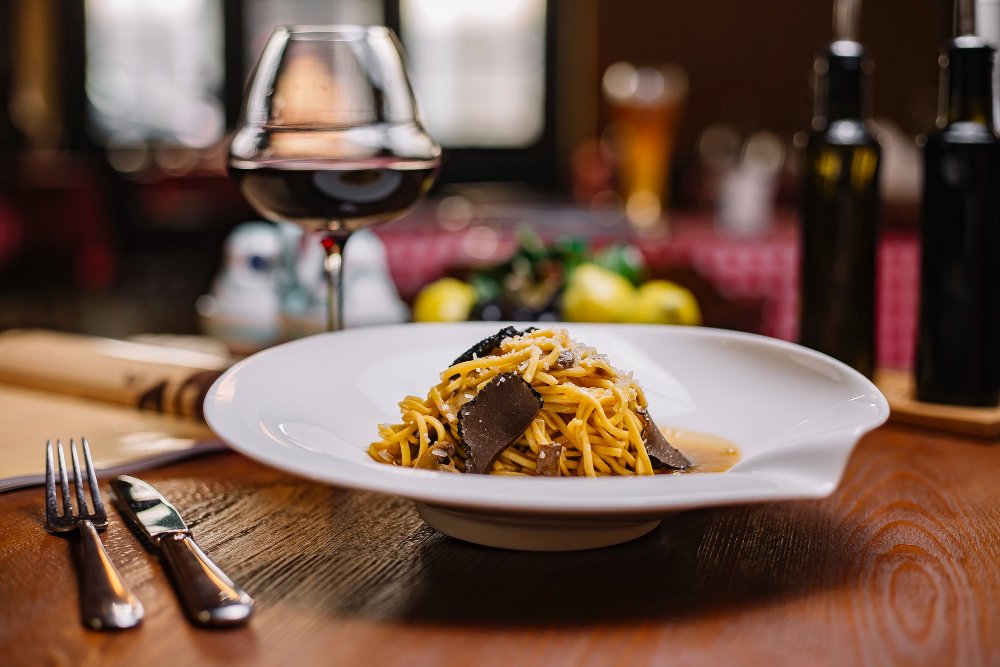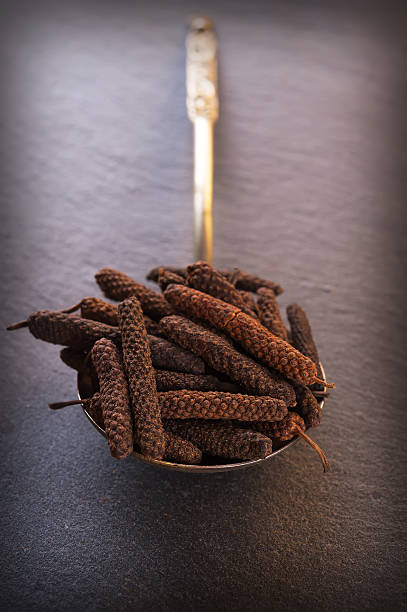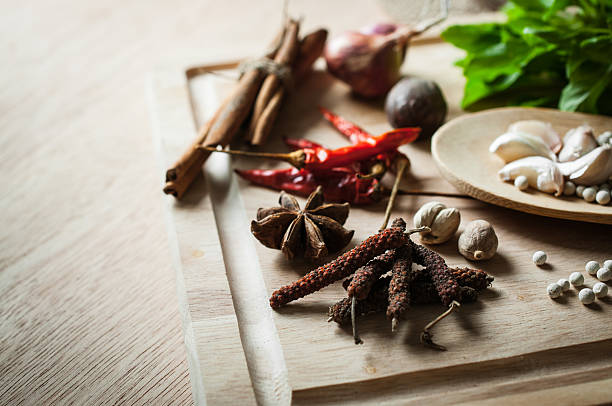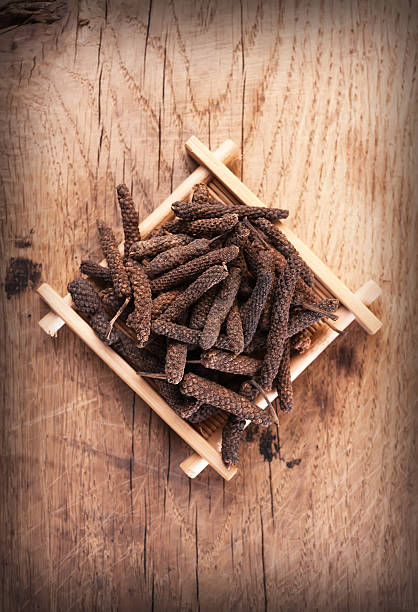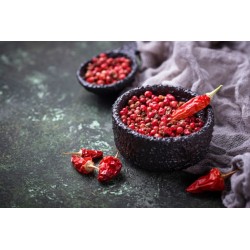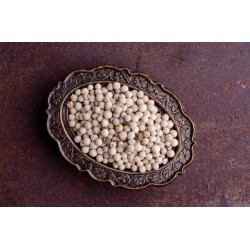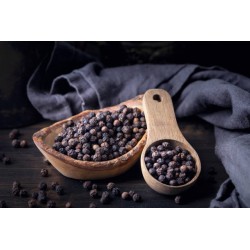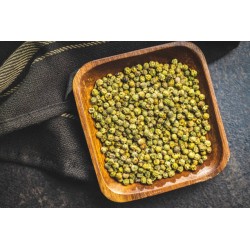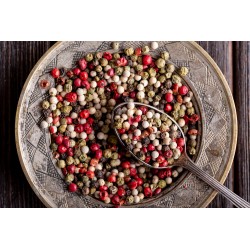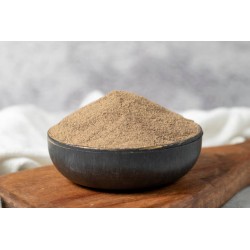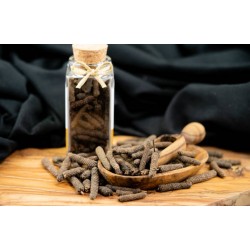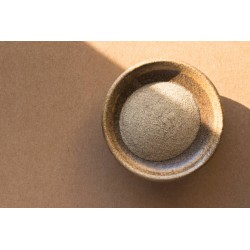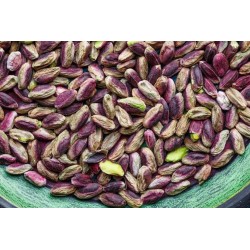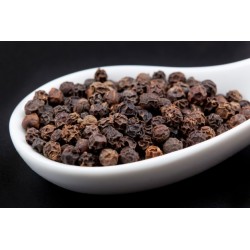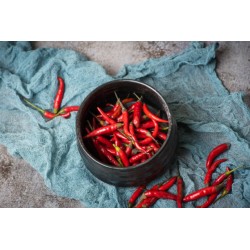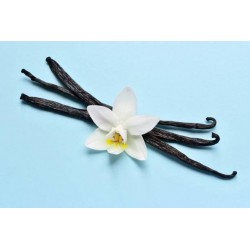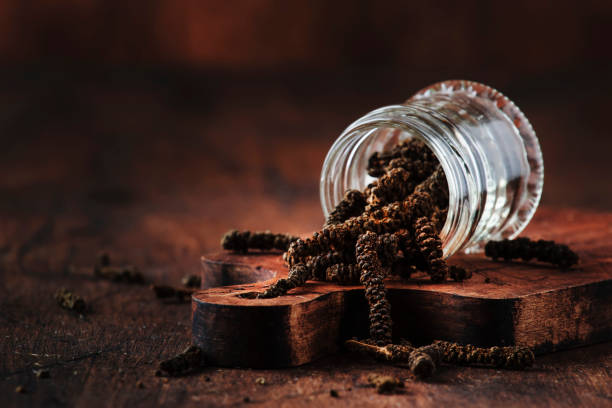
Notre poivre long rouge bio IGP de Kampot est classé parmi les meilleurs poivres du monde.
Il bénéficie du prestigieux label IGP, indication géographique protégée, un label français qui garantit à l'international, la zone géographique de leur production ainsi que le savoir-faire utilisé à leur élaboration
Il est produit par une coopérative établie à Kampot.
Le fruit est récolté à la main lorsqu’il est d’une belle couleur rouge.
Il est ensuite lavé, échaudé et séché au soleil pendant plusieurs jours.
Utilisé comme épice ou assaisonnement, il développe une saveur complexe de piment et de musc, tempérée par des notes douces de chocolat, de compote et de pain d’épices.
L’attaque en bouche est douce et la force épicée arrive dans un second temps.
Pour l’utiliser, vous pouvez le broyer, le râper ou le mettre en petits morceaux dans un moulin à poivre traditionnel.
C’est un poivre de caractère qui sublimera vos plats, vos boissons et vos desserts.
C'est un produit issu de l'agriculture biologique, certifié par Ecocert.
 Une fois le paquet ouvert, nous vous conseillons de conserver le produit dans un endroit frais et sec, à l’abri de la lumière et de l’humidité, afin qu’il conserve toute ses qualités nutritives et gustatives.
Une fois le paquet ouvert, nous vous conseillons de conserver le produit dans un endroit frais et sec, à l’abri de la lumière et de l’humidité, afin qu’il conserve toute ses qualités nutritives et gustatives.
 Ce produit ne contient aucun allergène cependant il peut en contenir des traces (œufs, etc).
Ce produit ne contient aucun allergène cependant il peut en contenir des traces (œufs, etc).


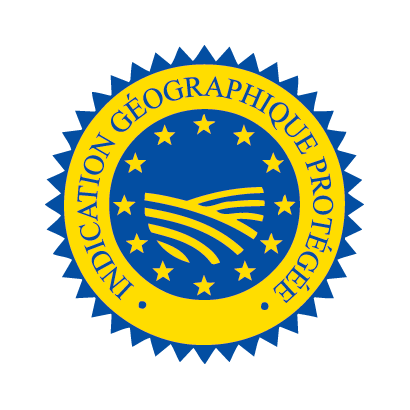



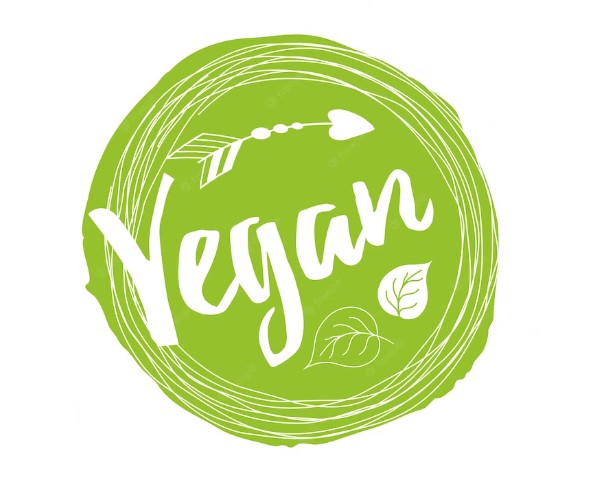
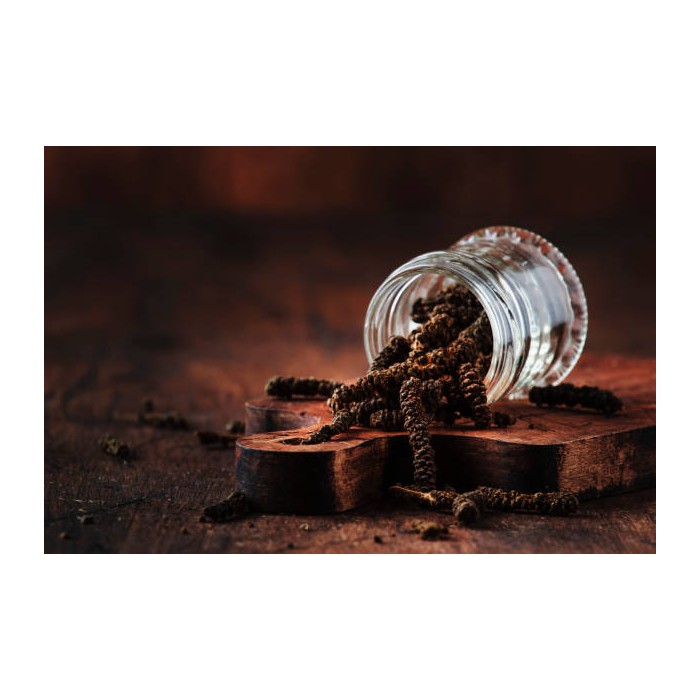
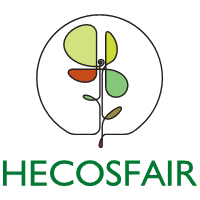

 Une fois le paquet ouvert, nous vous conseillons de conserver le produit dans un endroit frais et sec, à l’abri de la lumière et de l’humidité, afin qu’il conserve toute ses qualités nutritives et gustatives.
Une fois le paquet ouvert, nous vous conseillons de conserver le produit dans un endroit frais et sec, à l’abri de la lumière et de l’humidité, afin qu’il conserve toute ses qualités nutritives et gustatives.



















